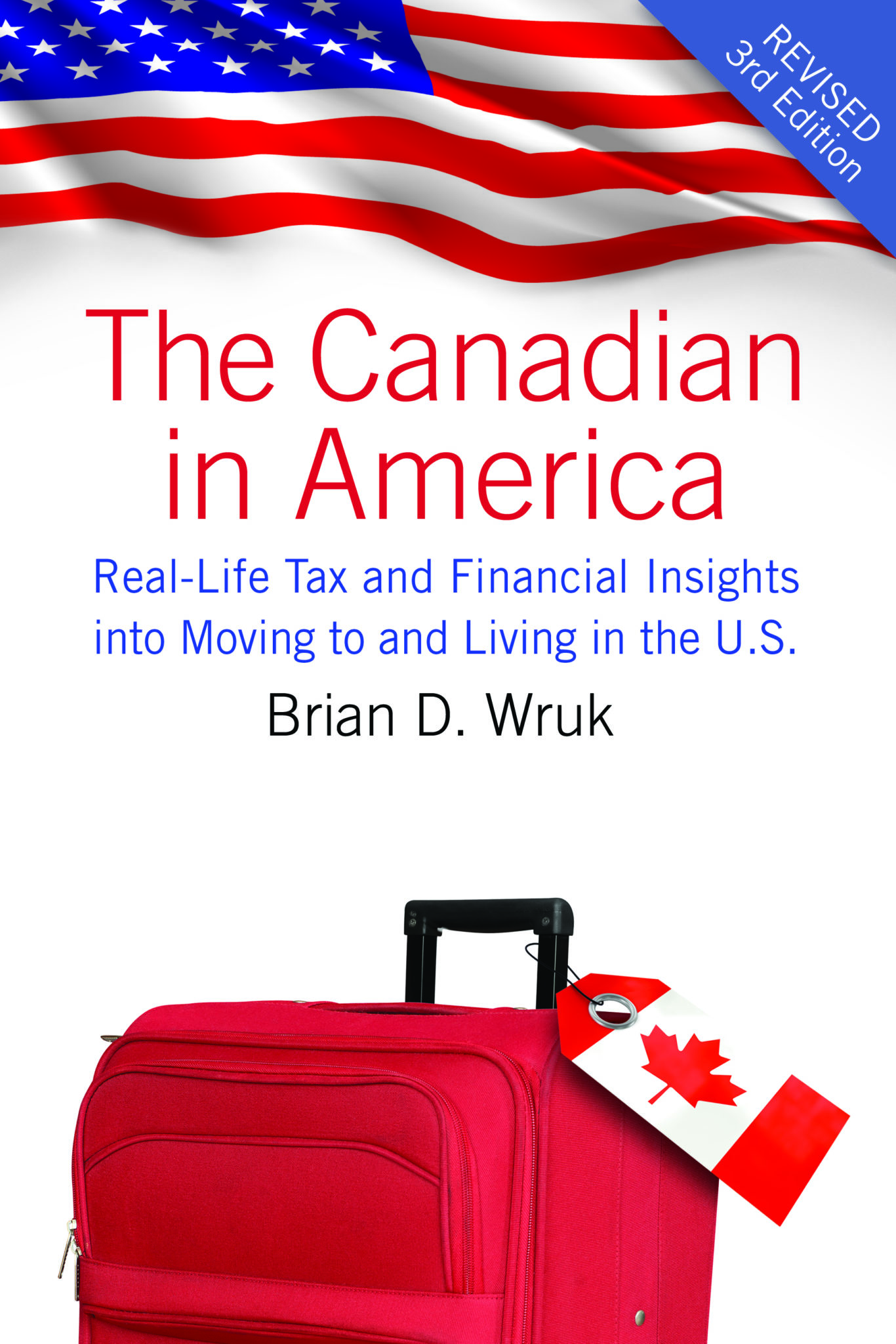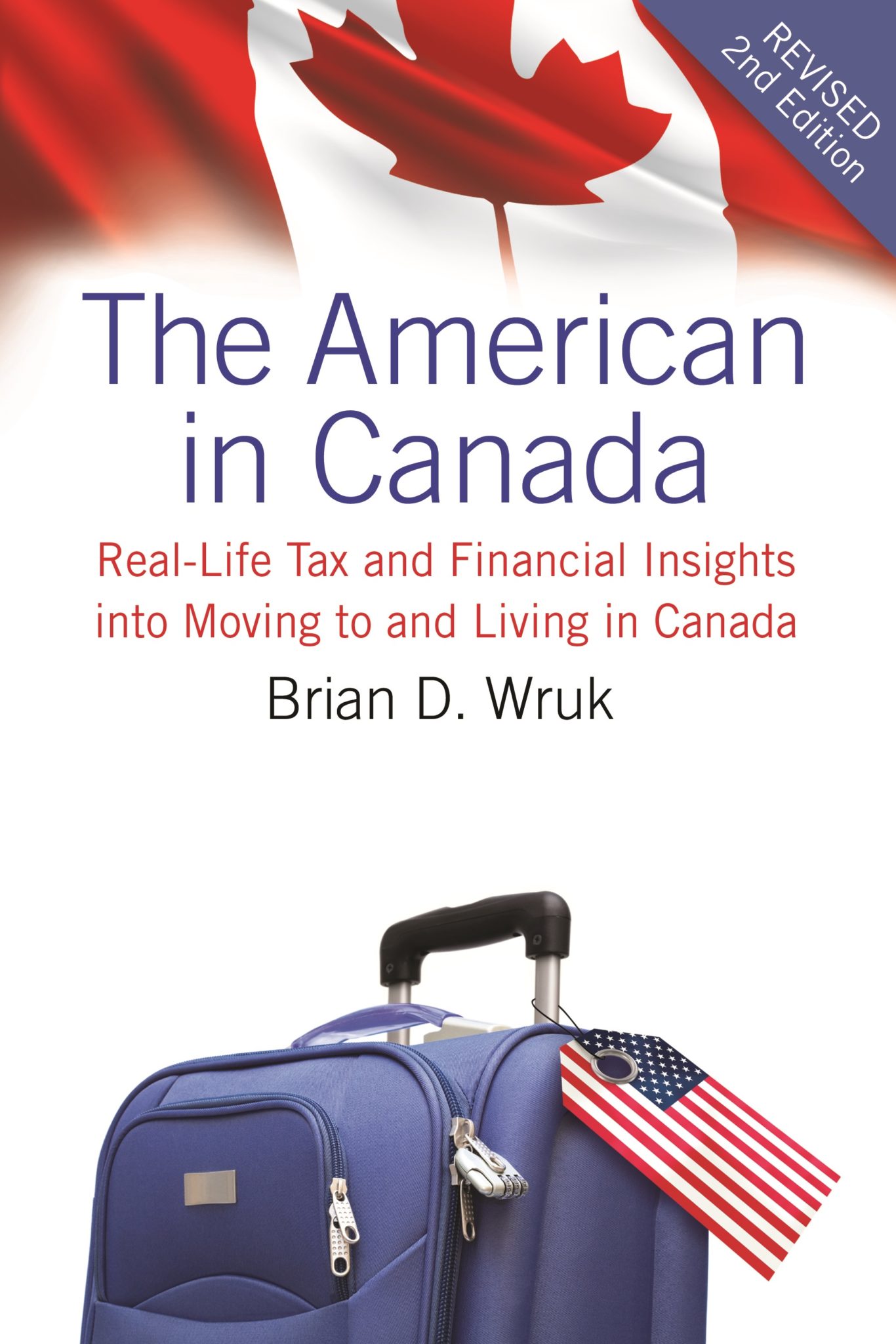We have had a few inquiries in response to the market turbulence created by the United Kingdom’s vote to leave the European Union, and we thought it important to share our thoughts:
- In the short-term, we believe this event is likely to impact the markets much like any major market shock (i.e. terrorist attack); panic selling followed by a recovery as cooler heads prevail. Indiscriminate selling usually creates opportunities to buy assets with positive fundamentals at a discounted price and we will be looking at those opportunities for our clients. A long-term investment horizon remains the key to successful investing.
- The longer-term question for markets is the impact the Brexit will have on the future of the European Union. Many pundits believe this may be the first in a series of global anti-establishment votes and that the disintegration of the EU is inevitable. We do not agree with this point of view. The Brexit could actually do the reverse and propel the EU towards greater political and fiscal union because some of the long standing issues within the EU will be rectified. History suggests that a crisis may be what is needed to force the EU into making long needed structural reforms. Moreover, we believe the current global market turmoil will actually dissuade other EU countries from wanting to follow Britain’s lead.
- In immediate response to the Brexit surprise, we are doing very little as the suspected vote reversed almost overnight and the losses have already occurred. As long-term investors we are under no pressure to make rash judgments with little information about how the Brexit vote will ultimately be acted upon and most importantly, whether other EU countries will undertake similar referendums. The vote simply gives the UK the mandate to begin negotiations surrounding the exit from the EU. As with anything of this nature, this will be a long, protracted process with nothing of substance for some time.
- Nothing about the vote for Britain to leave the European Union suggests that the fundamentals of capitalism have changed. So, neither should our confidence in long-term ownership of the world’s greatest companies. Mercedes Benz and BMW are still going to sell cars to the U.K., the second largest economy in Europe, regardless of whether they are in or out of the EU. Furthermore, UK companies are expected to be relatively immune from the departure from the EU because 70% of their business comes from overseas. The British economy and markets are among the most globally integrated.
- Your portfolio is not the stock market. Most of the portfolios we manage are comprised of 40% to 50% bonds which have been going up.
We hope our comments bring some clarity to a very complicated situation. If you would like to speak more about Brexit’s impact, please call Brian or Mitch to set up a conference call or meeting.




















